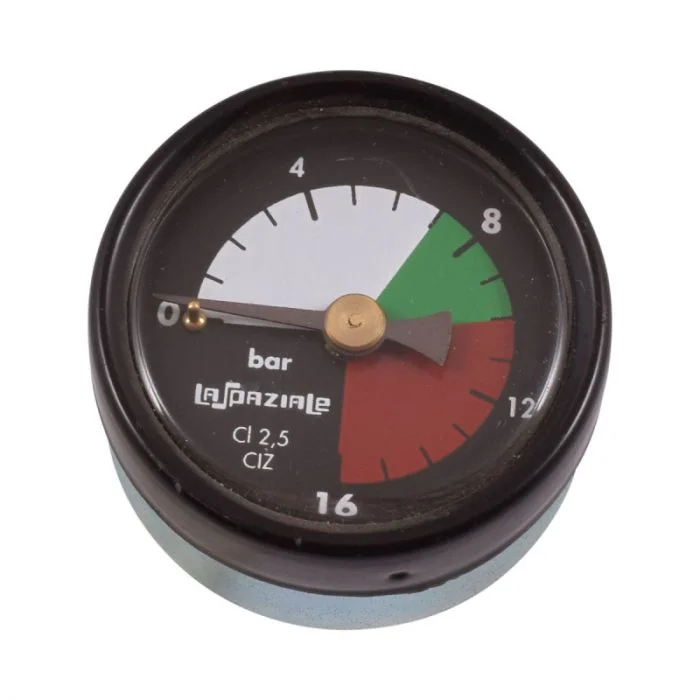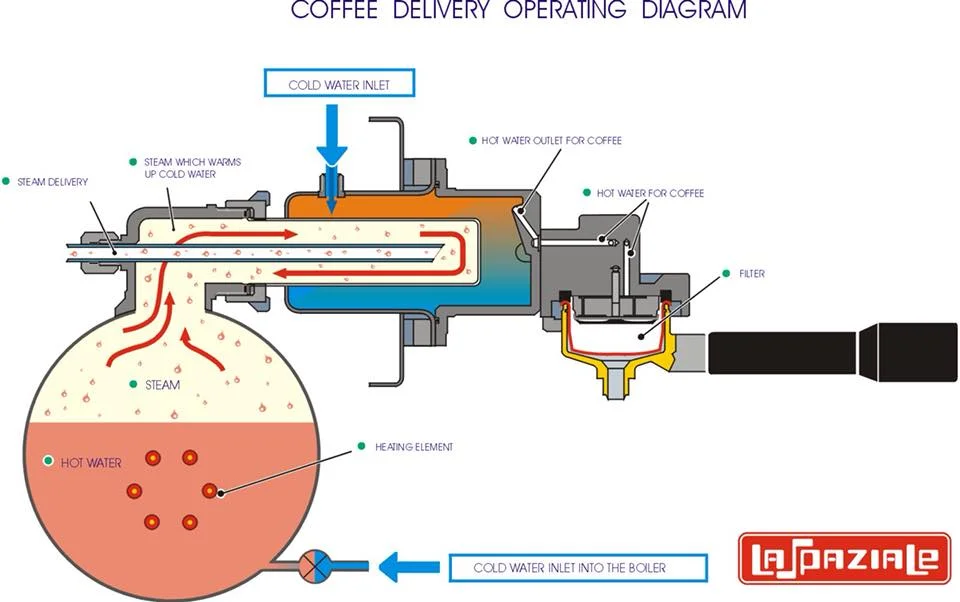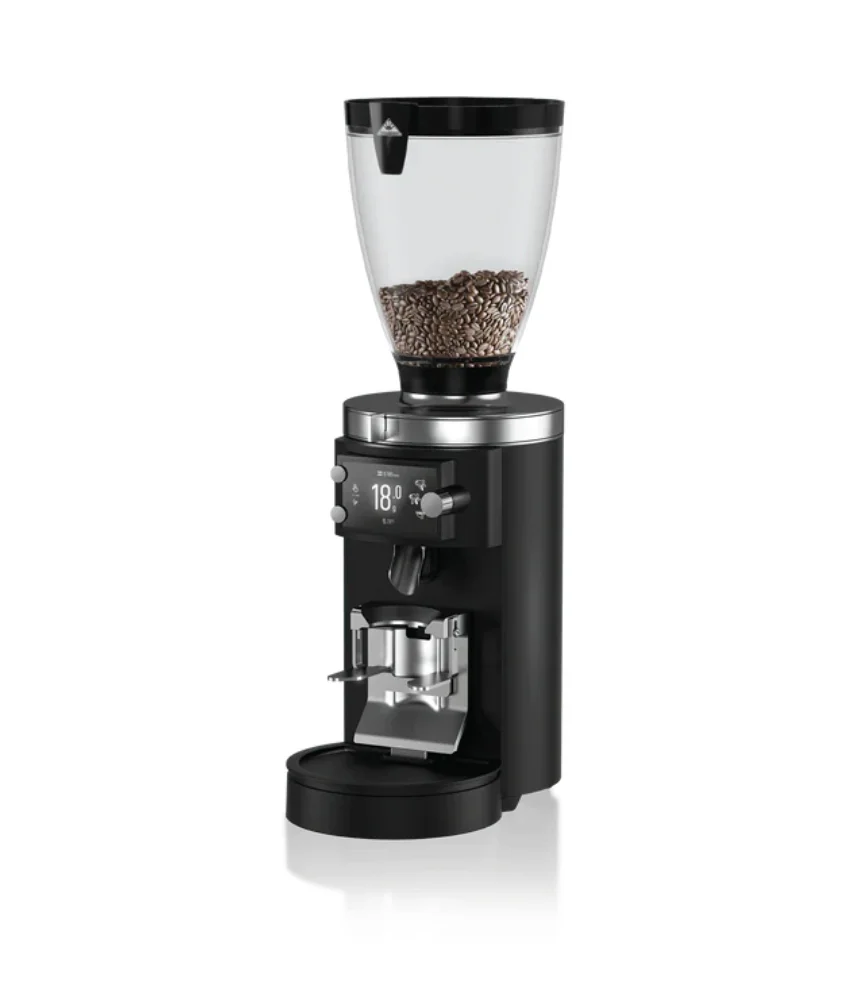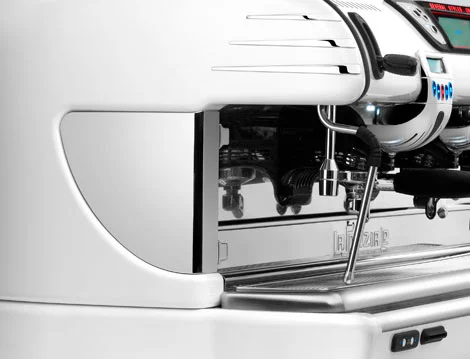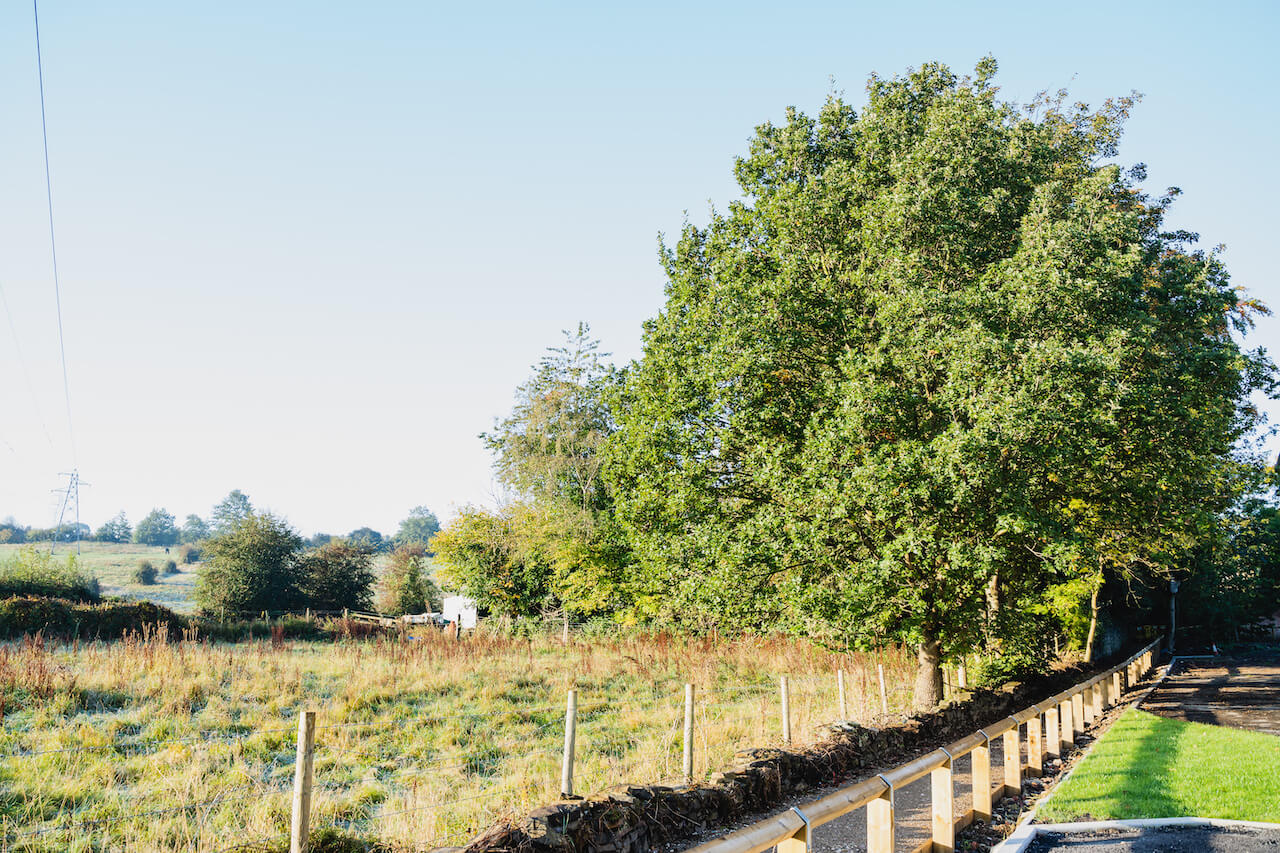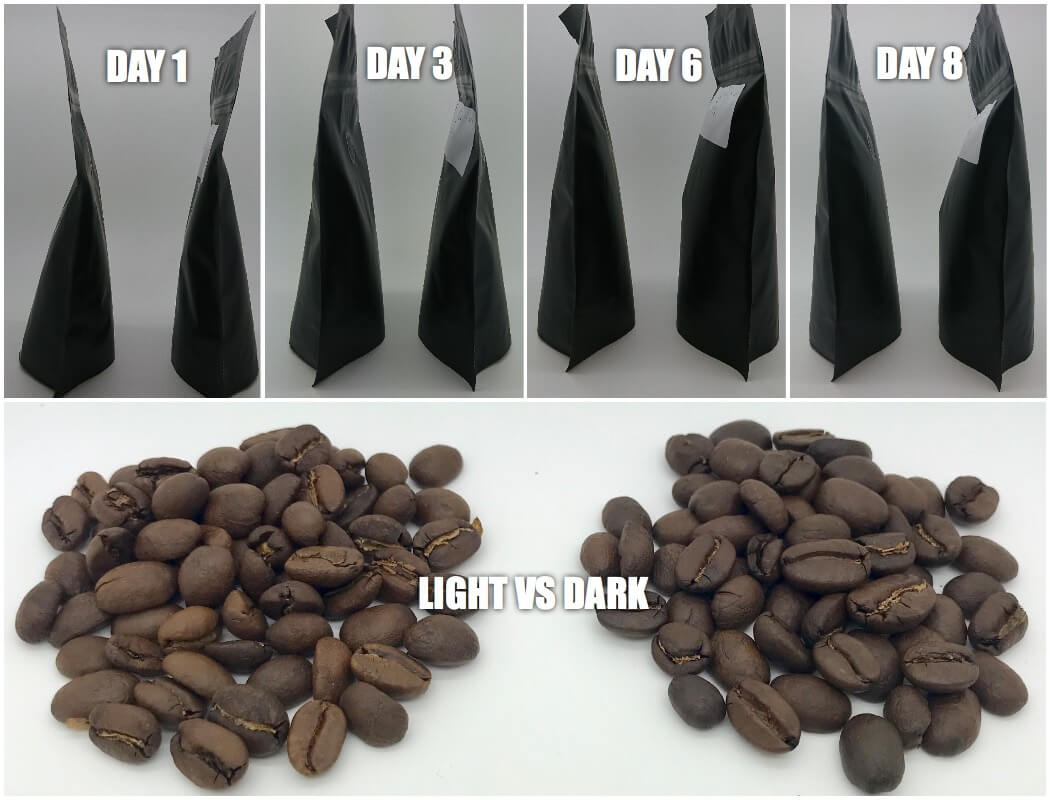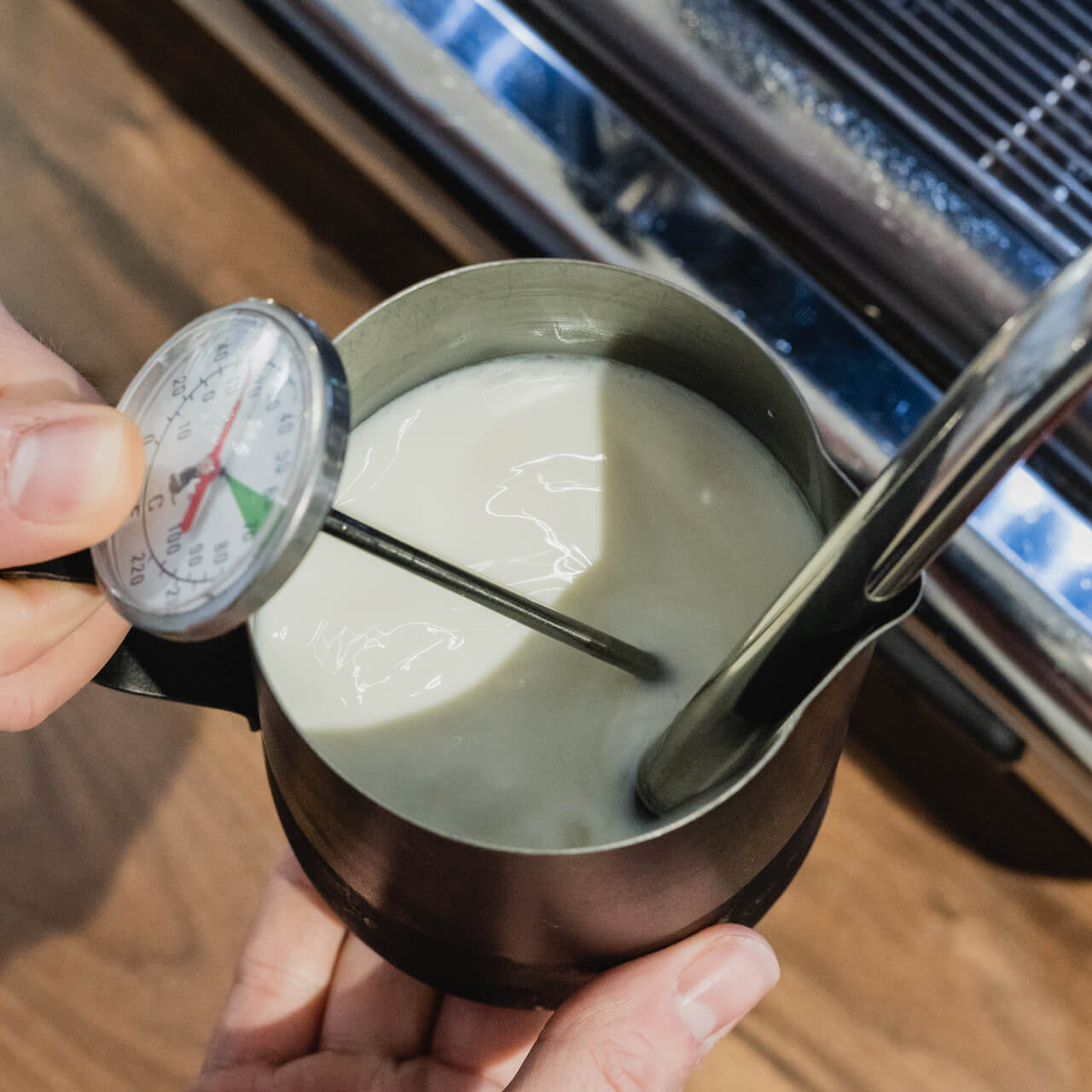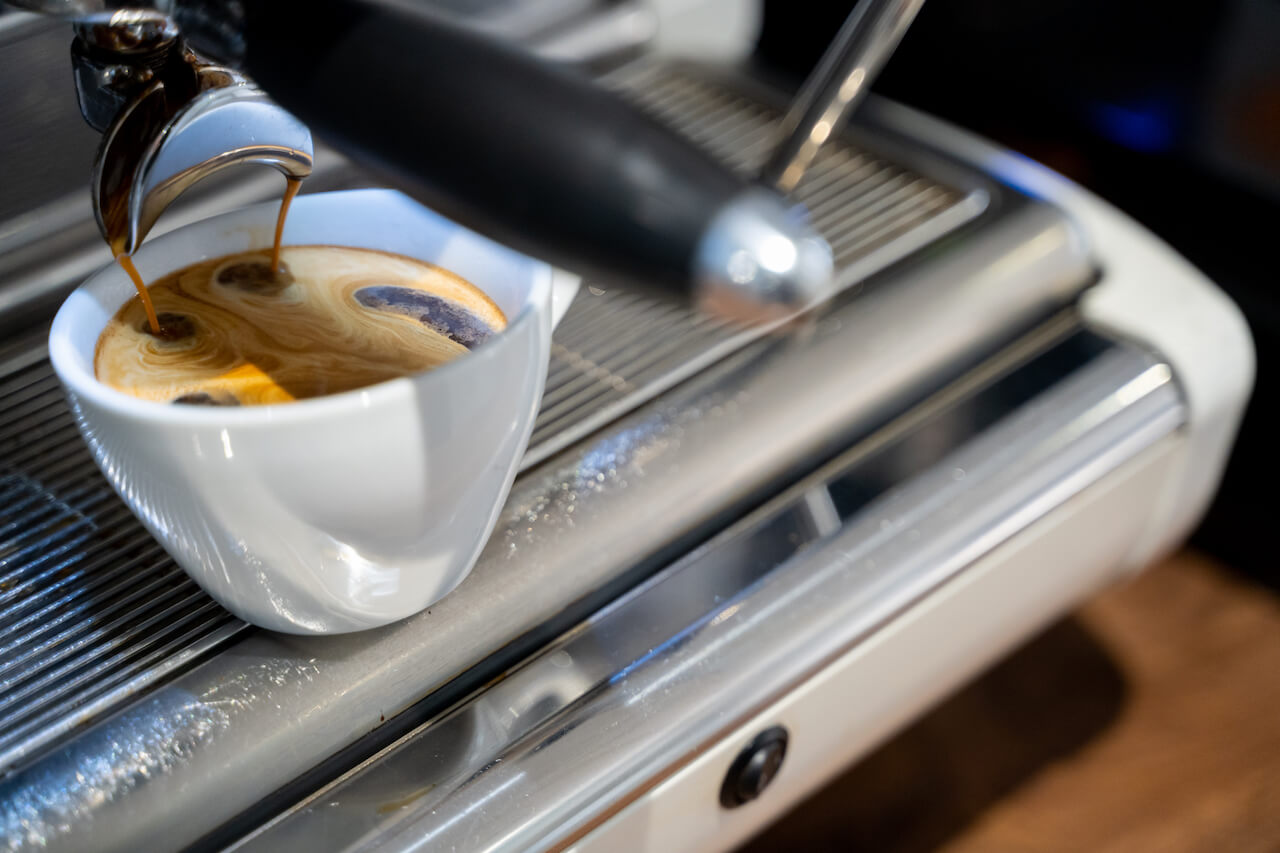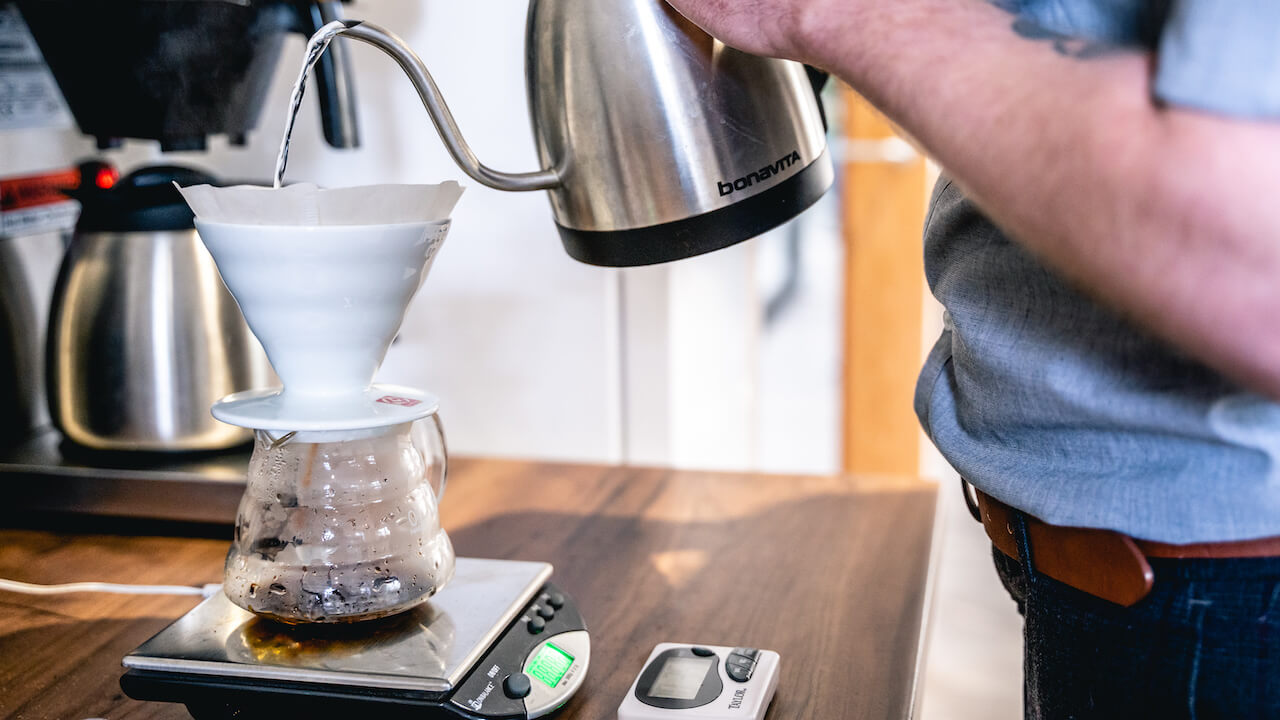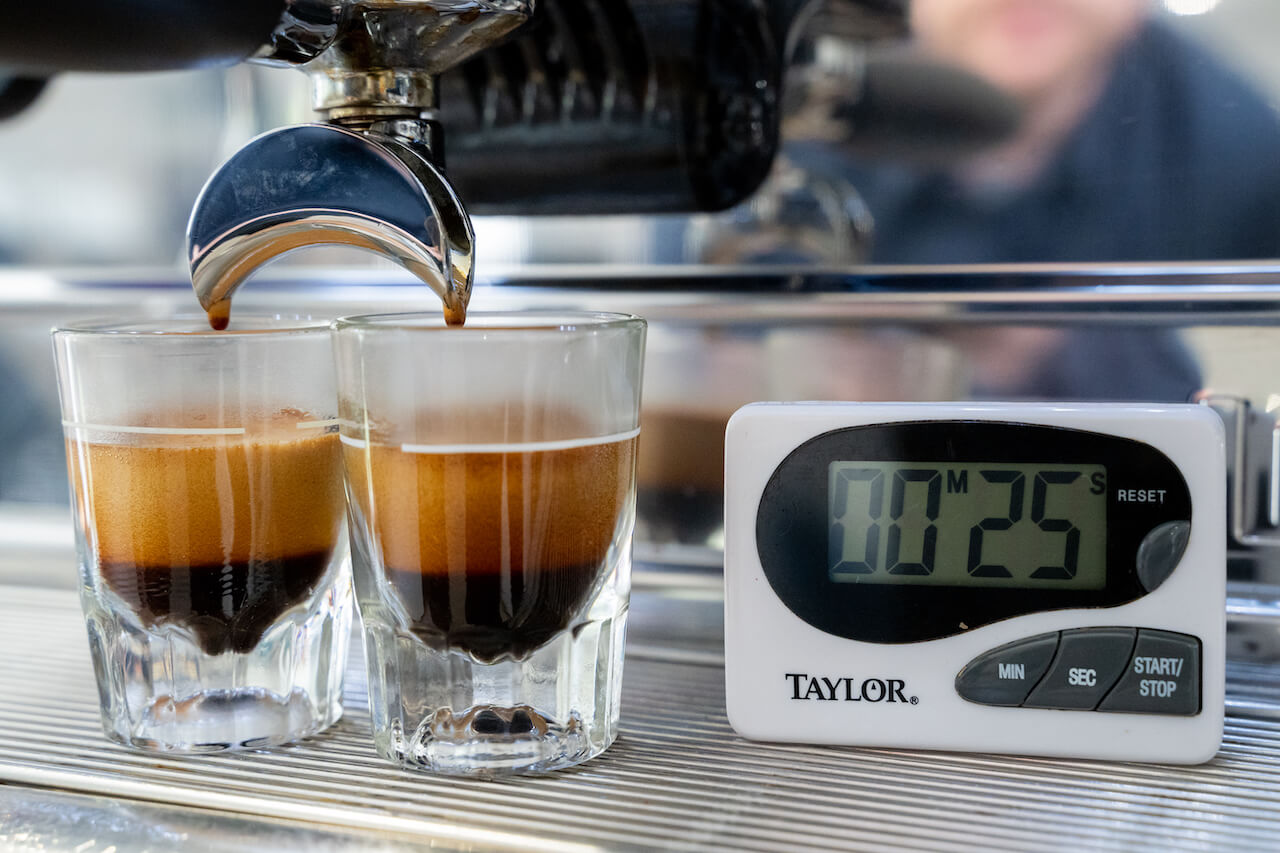Why In-Person Barista Training Courses are Necessary despite the Wealth of Online Information
In today’s digital age, anyone interested in becoming a skilled barista can find a wealth of resources online—from YouTube tutorials to articles and even full-fledged virtual courses. While these online resources are valuable, they lack several core elements that in-person barista training provides. Mastering the art of coffee-making goes beyond simply knowing the steps; it requires real-world experience, hands-on feedback, and the ability to adapt to different scenarios, skills which are best developed through training in-person at a dedicated Barista training centre.
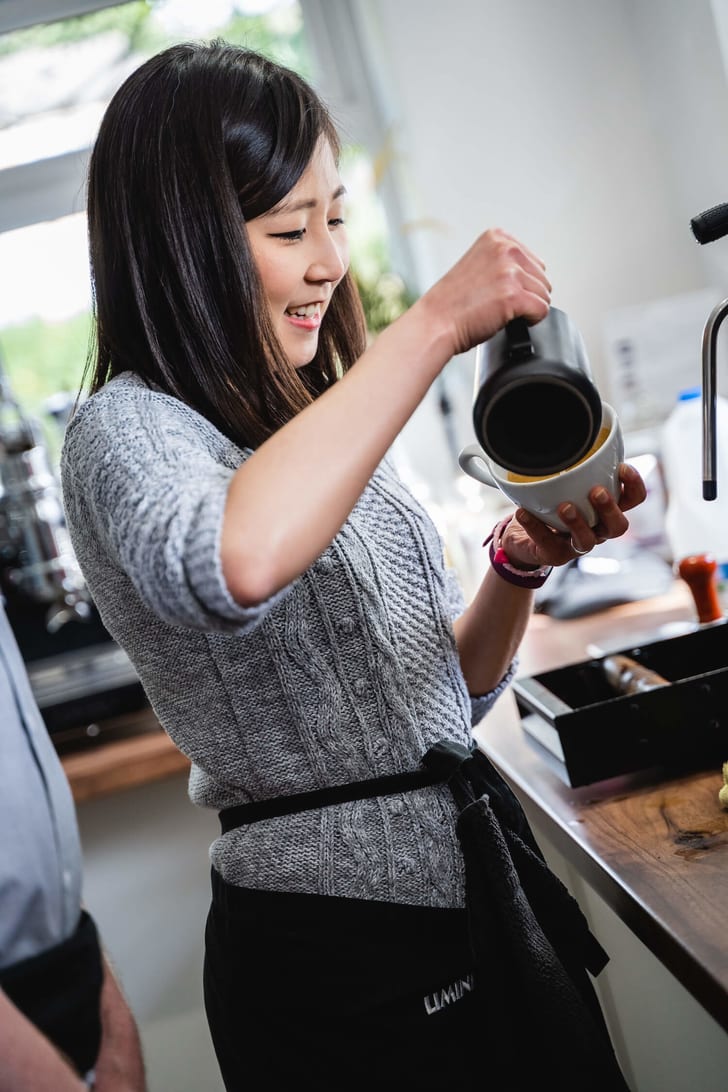
Hands-On Practice and Muscle Memory
Being a barista involves a lot of intricate tasks, from dialling in espresso shots to pouring beautiful latte art. These skills require not just knowledge but muscle memory and physical precision that only comes with hands-on practice. In an in-person course, students have immediate access to coffee equipment which allows them to learn by doing. For example, feeling the pressure needed when tamping coffee grounds or adjusting a steam wand’s angle is difficult to learn through a screen. Barista training in person allows for the repetition and fine-tuning necessary to build these skills correctly and efficiently.
Real-Time Feedback and Adjustment
One of the most significant advantages of in-person training is the immediate feedback from an experienced trainer. Brewing espresso or steaming milk are processes that require minor adjustments and sensory changes based on the coffee, grind size, water temperature, and equipment used. A trainer can watch a student’s technique, identify subtle errors, and provide instant guidance. Online videos and written guides simply can’t offer that personalised, real-time feedback. Without it, small but crucial mistakes may go unnoticed, making it difficult to truly master the craft.
Exposure to Professional Equipment and Techniques
While online learning can show how professional equipment works, hands-on experience is invaluable for true understanding. Our in-person Barista courses use high-quality espresso machines, grinders, and other equipment found in commercial coffee shops, allowing students to understand them firsthand. Moreover, professional trainers can demonstrate advanced techniques that are difficult to explain through text or video alone. Whether it’s achieving the perfect milk foam for a latte or understanding extraction dynamics for an espresso, working with professional tools and techniques under expert guidance elevates learning to another level.
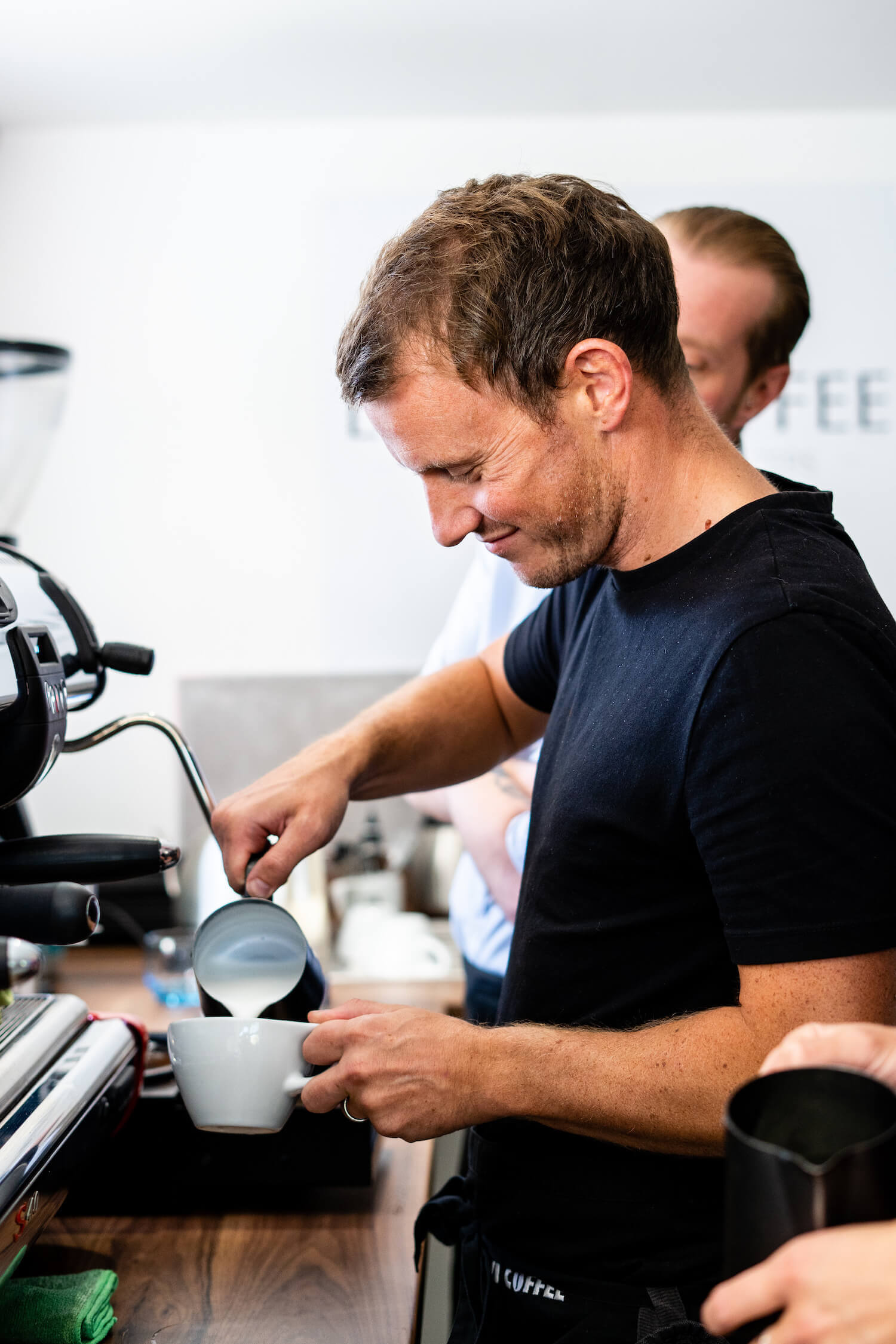
Tasting & Smelling Coffee
A significant part of Barista training is learning to taste, enjoy and evaluate coffee—a skill that simply can’t be taught online. Palate training requires an in-person, sensory experience to identify flavours, aromas, and even textures. In-person courses allow for the tasting of coffee; just reading about the difference between acidity, sweetness and bitterness is not enough to be able to identify these flavors. Tasting experience hones sensory awareness and enables baristas to adjust brewing variables more precisely. Palate training also helps baristas understand the characteristics of different beans, origins, and roasting techniques—an invaluable skill in specialty coffee. As well as be able to identify unwanted flavours and how to diagnose and prevent these.
Motivation and Accountability
For many, learning in a structured environment with other students and a trainer can be more motivating than self-paced online courses. In-person courses often have clear structure and are great fun which encourages students to stay engaged and complete the training. The presence of a trainer provides accountability, ensuring that participants are consistent and dedicated. Without this structure, online learners may struggle to commit fully or miss out on valuable information, reducing the quality of their coffee education.

Confidence Building Through Real-World Experience
In-person training not only improves skills but also boosts confidence. Trainees are guided to perform each task correctly until it becomes second nature, which reduces anxiety when faced with real customers. Confidence is an essential trait for any barista, as they’re the face of the coffee shop and often engage directly with customers. An in-person training course provides a safe, supportive environment where mistakes are a part of the learning process, helping new baristas develop understanding and confidence in their abilities.
Building a Connection to the Coffee Community
In-person training provides a valuable opportunity to connect with other coffee enthusiasts, professional baristas, and industry experts. Many aspiring baristas find that networking with others during a course is a key advantage, as these connections may lead to job opportunities and a deeper sense of belonging in the coffee world. Online resources, though abundant in information, don’t foster the same level of community or offer the chance to build lasting industry relationships in the same way that an in-person course can.
Final Thoughts
Although online resources offer a solid foundation for understanding the basics of coffee and barista skills, they can’t replicate the practical experience, real-time feedback, and hands-on skill-building that in-person training provides. For anyone serious about working as a barista, particularly in speciality coffee, the investment in an in-person course is invaluable. The hands-on experience, professional training, and immersive environment are key to building a foundation not only of skill but also of confidence, precision, and a true passion for the art of coffee, as well as being able to taste the delicious coffees you make!
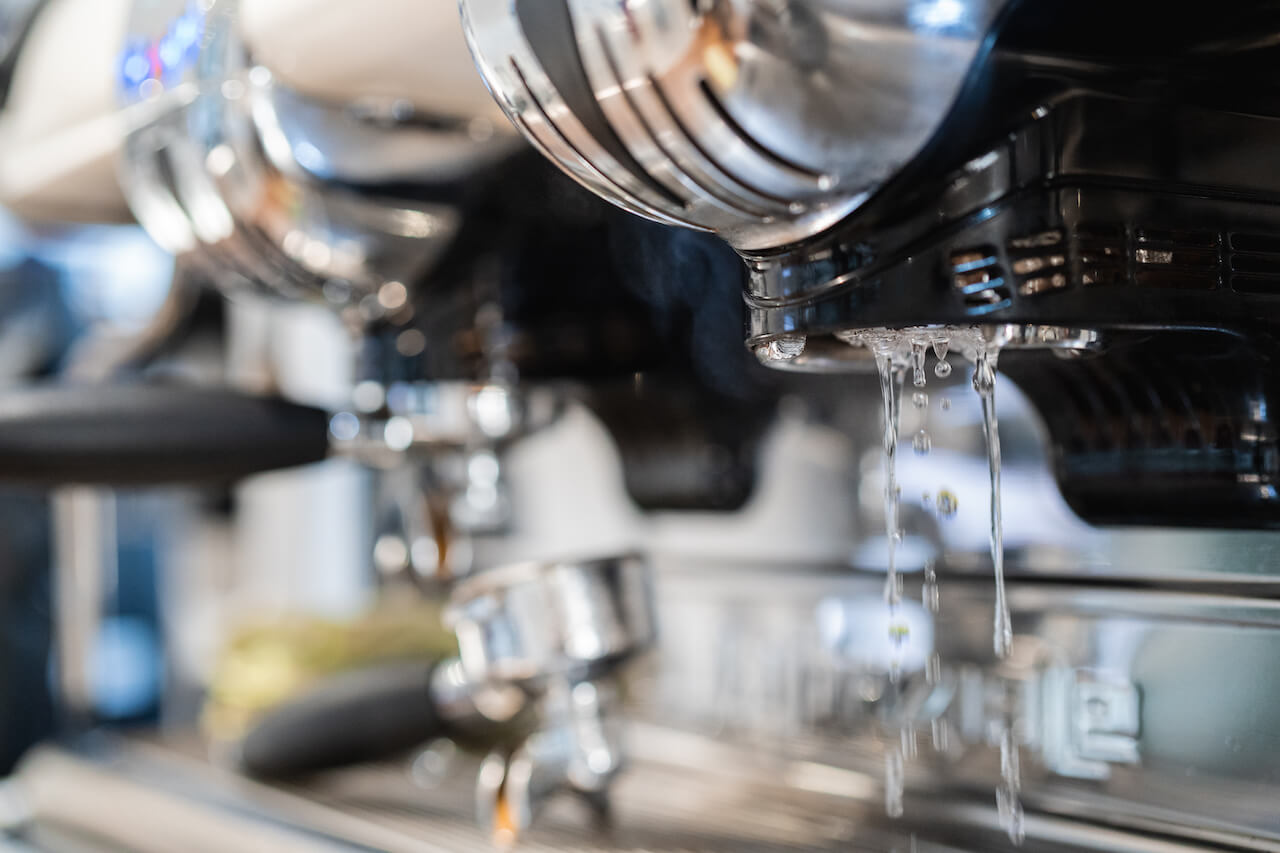
Flushing of the group head
Why the need for flushing the group head should be an important part of your routine.
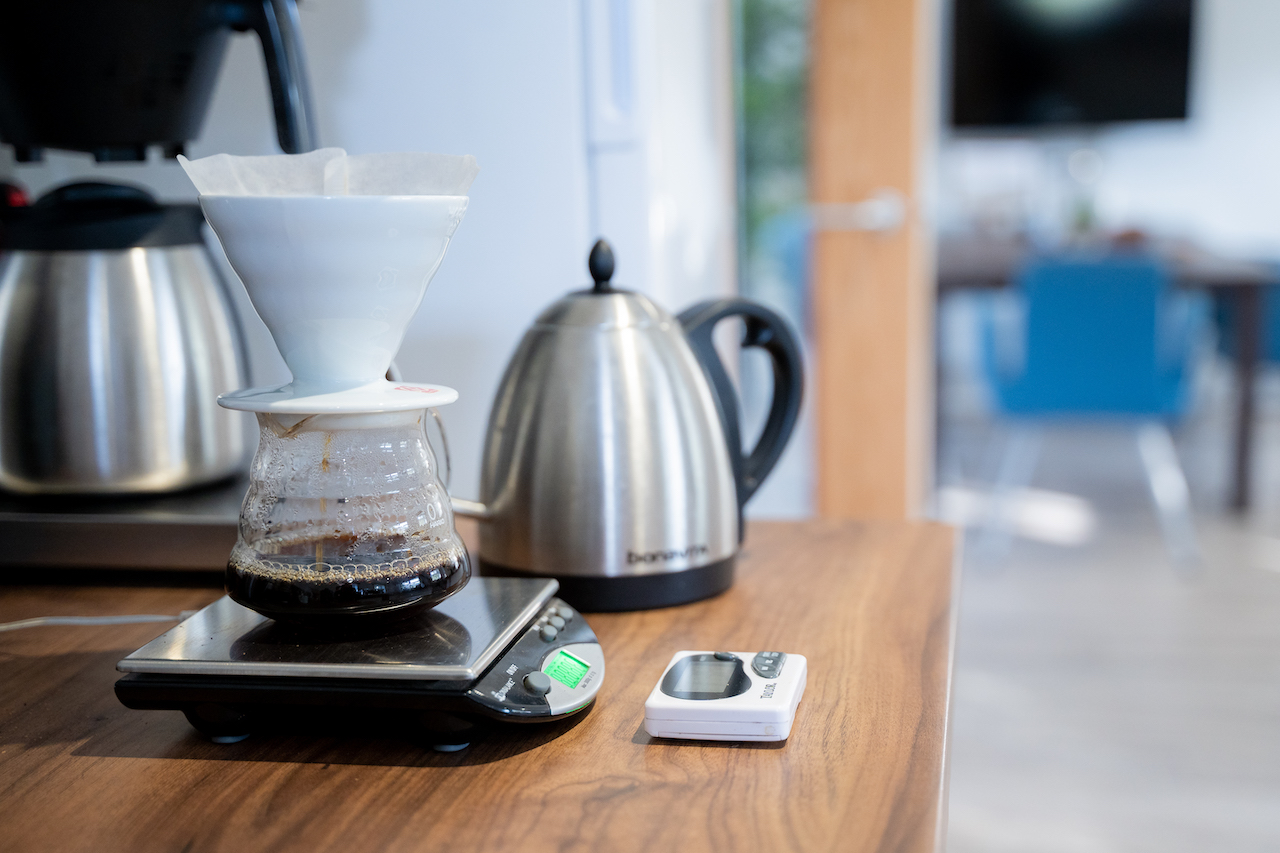
How to serve filter coffee
An article about the various methods of how to serve filter coffee in a busy coffee shop.
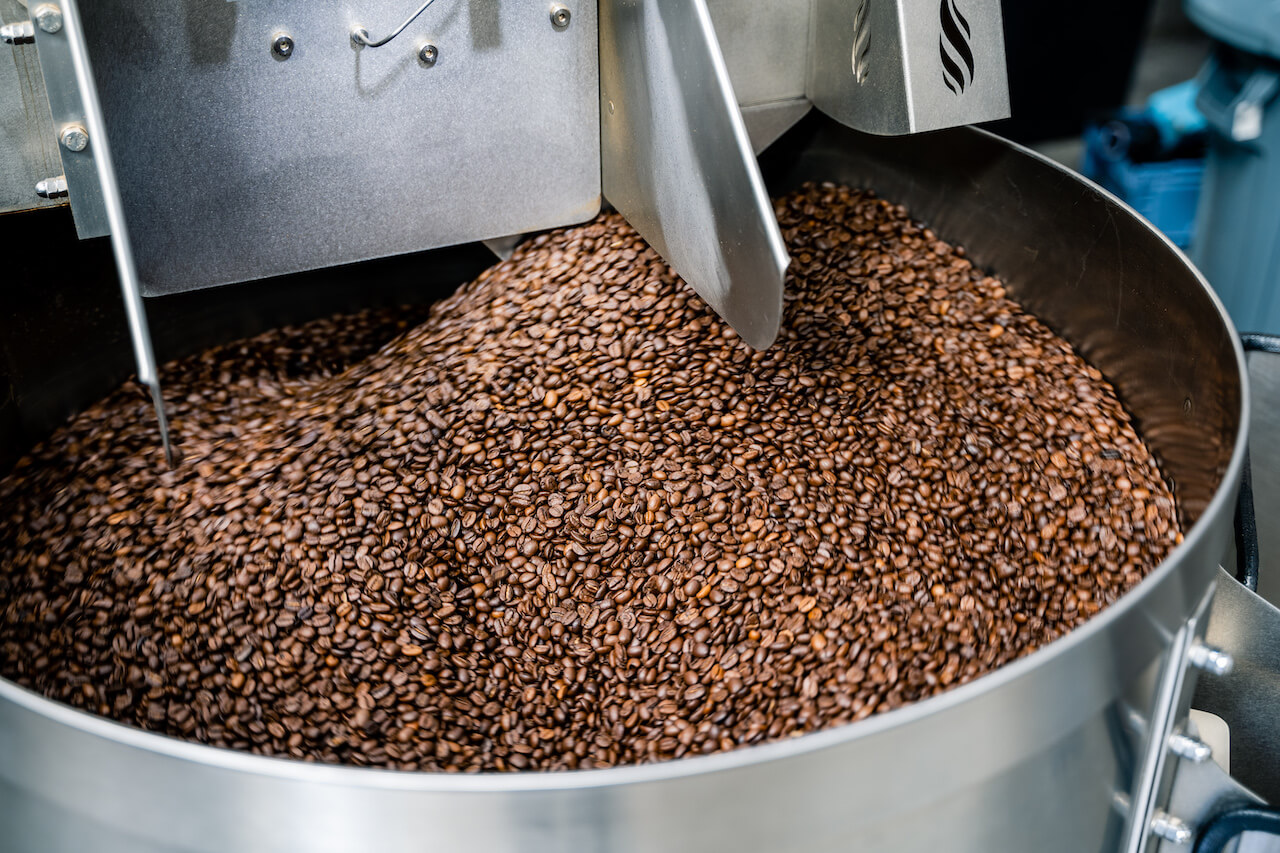
What is that smell?
You walk through the doors into your beautiful coffee shop and you smell the wonders of coffee.
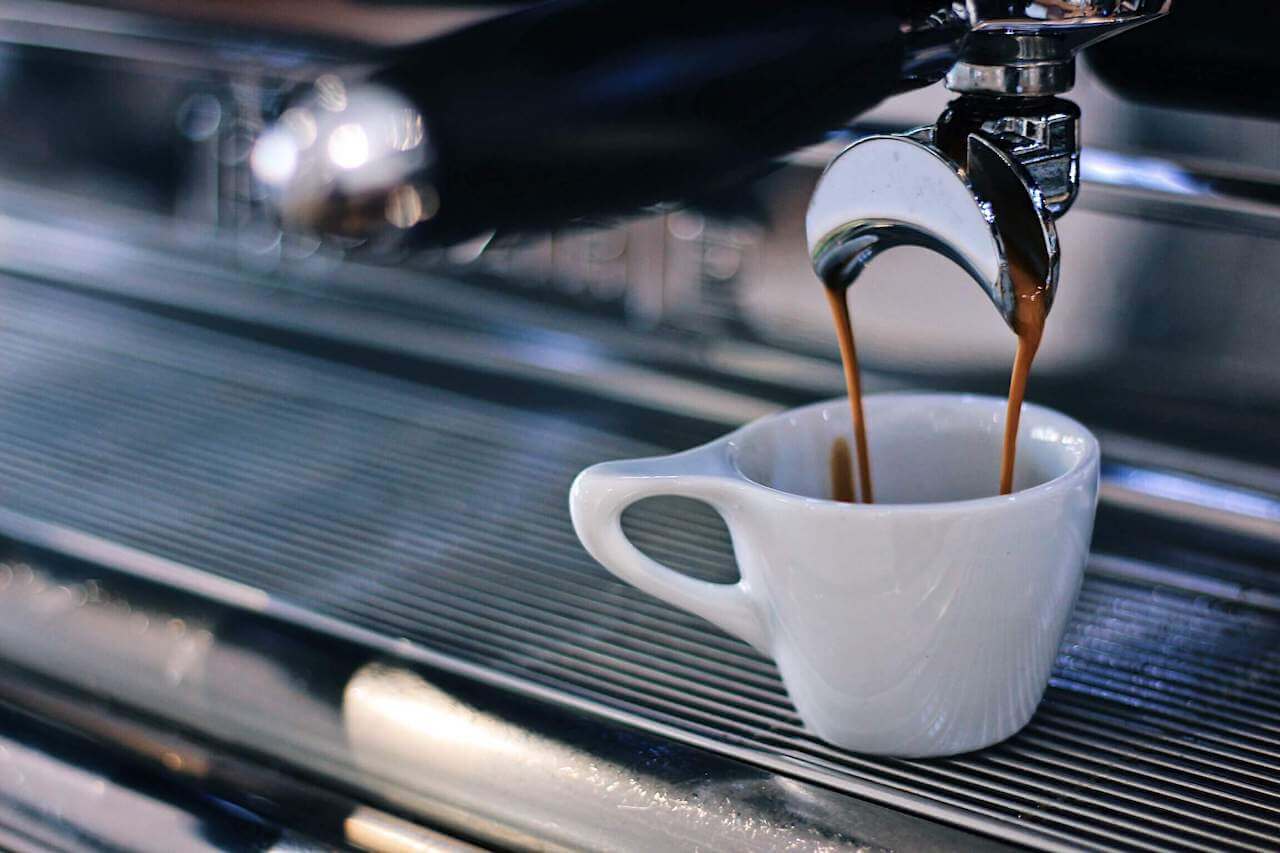
No more espressos...
A different concept for serving espresso based drinks.You can be different and serve coffees with a different base.

Latte, cappuccino, macchiato.... what?
A simple explanation of many of the amazing names that the coffee world has come up with over the years.
Tamping
Learn more about why tamping is actually so important. It is a skill owned by the barista and it does make a difference.
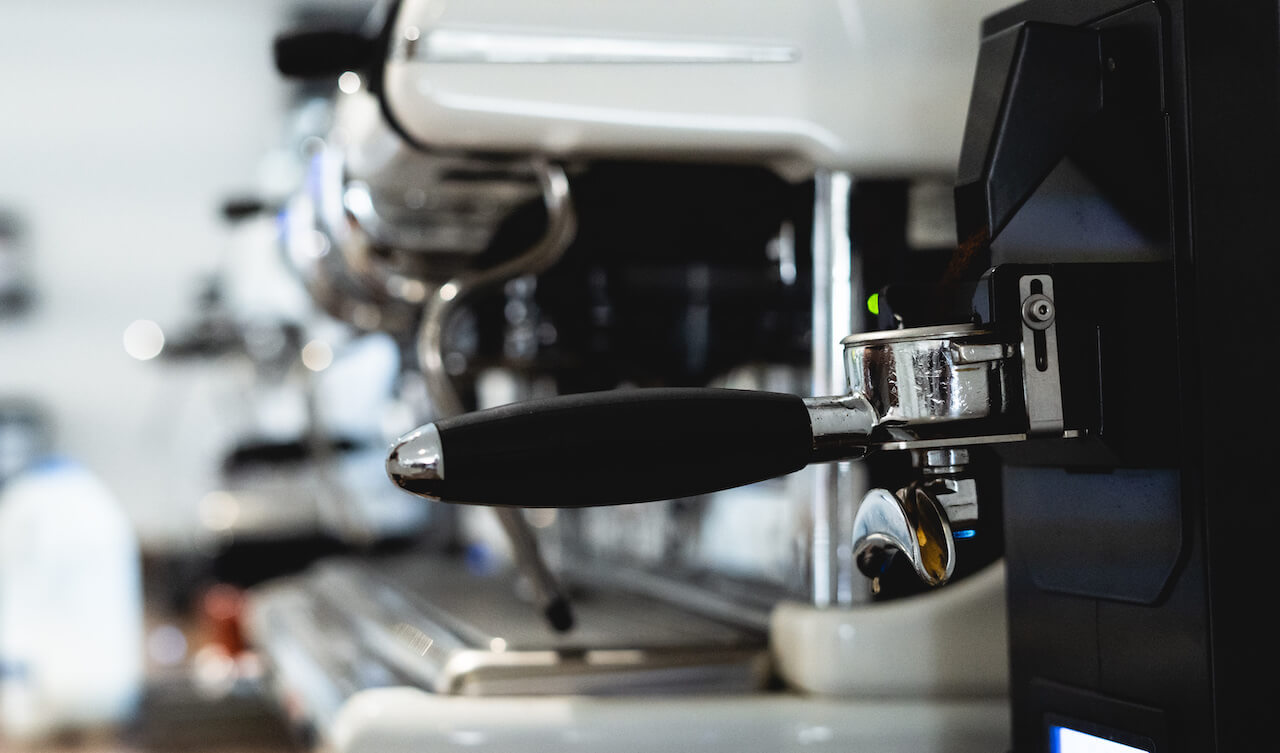
Compact vs normal size machines
What really is the difference between a compact and a standard size machine.
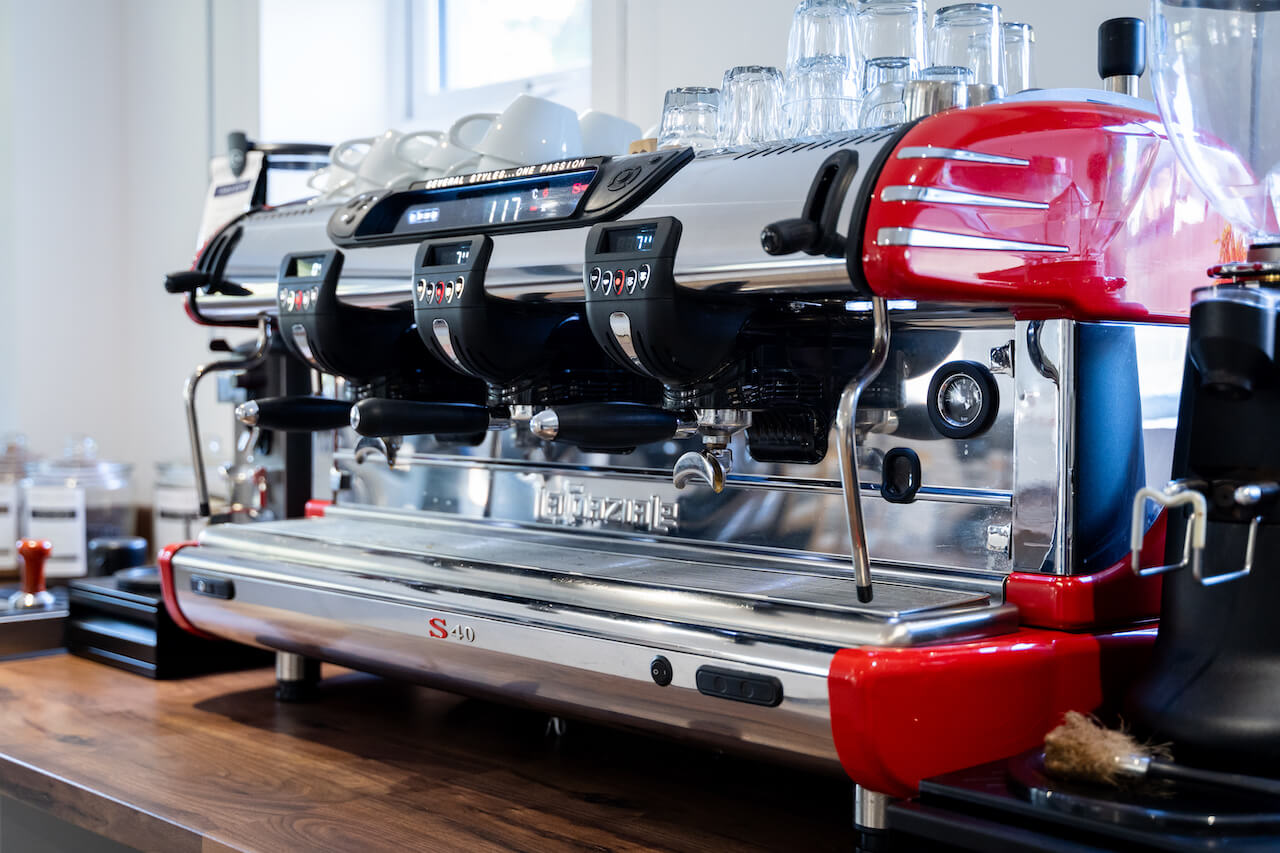
Guide to espresso equipment
Our comprehensive guide on choosing the correct equipment for your espresso drinks.
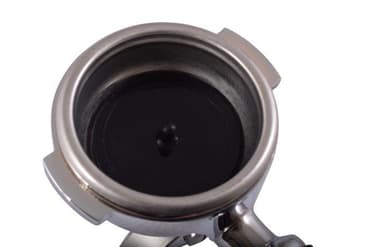
Backflushing your espresso machine
Learn about why you need to backflush an espresso machine and how it works.
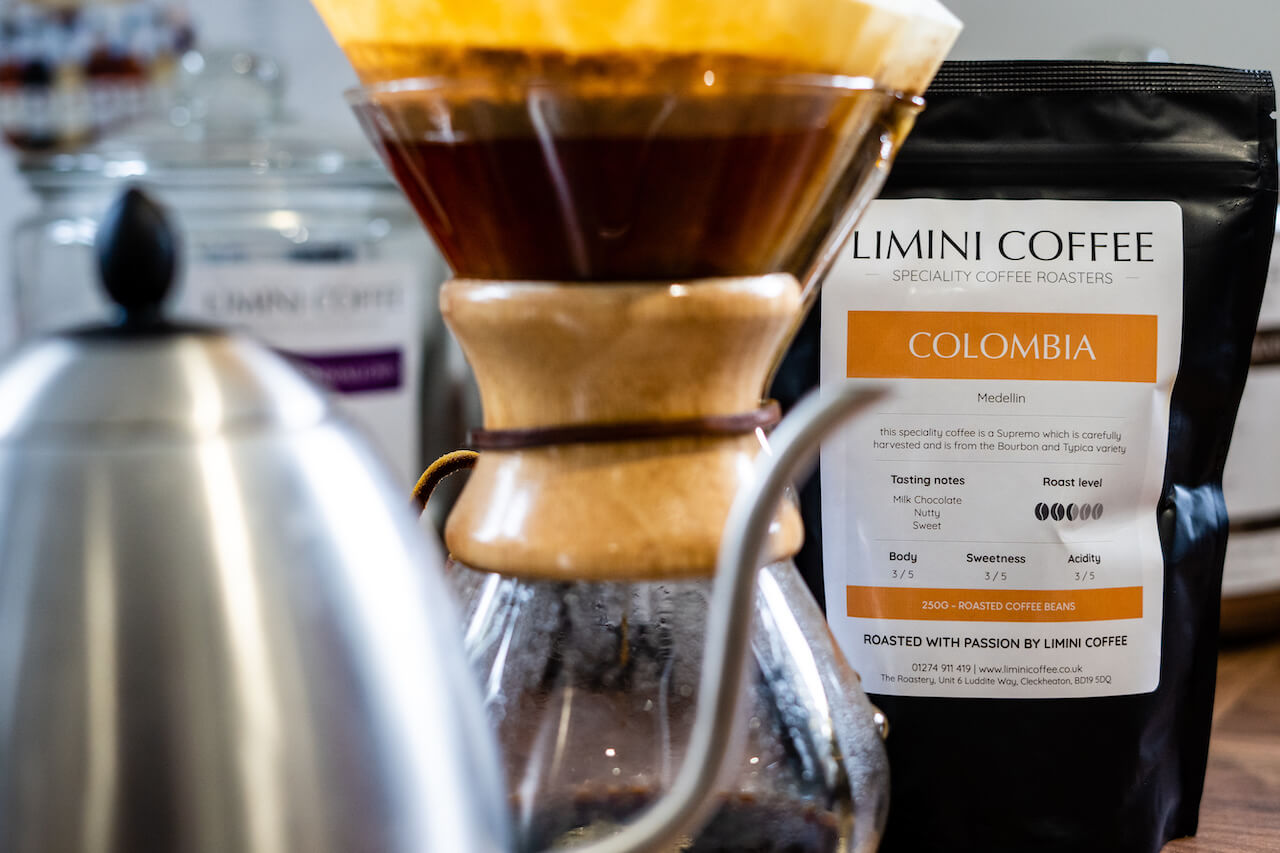
Filter coffee
Filter coffee is beautiful and here we will introduce you to some of the more popular methods.
.webp)
call us for a chat on 01274 911 419
Monday - Friday | 09:00 - 16:30
Closed bank holidays
Terms and conditions | Privacy policy | Website settings
By continuing to browse you agree to our use of cookies.
Copyright © 2008-2026 Limini Coffee Services Limited. All Rights Reserved


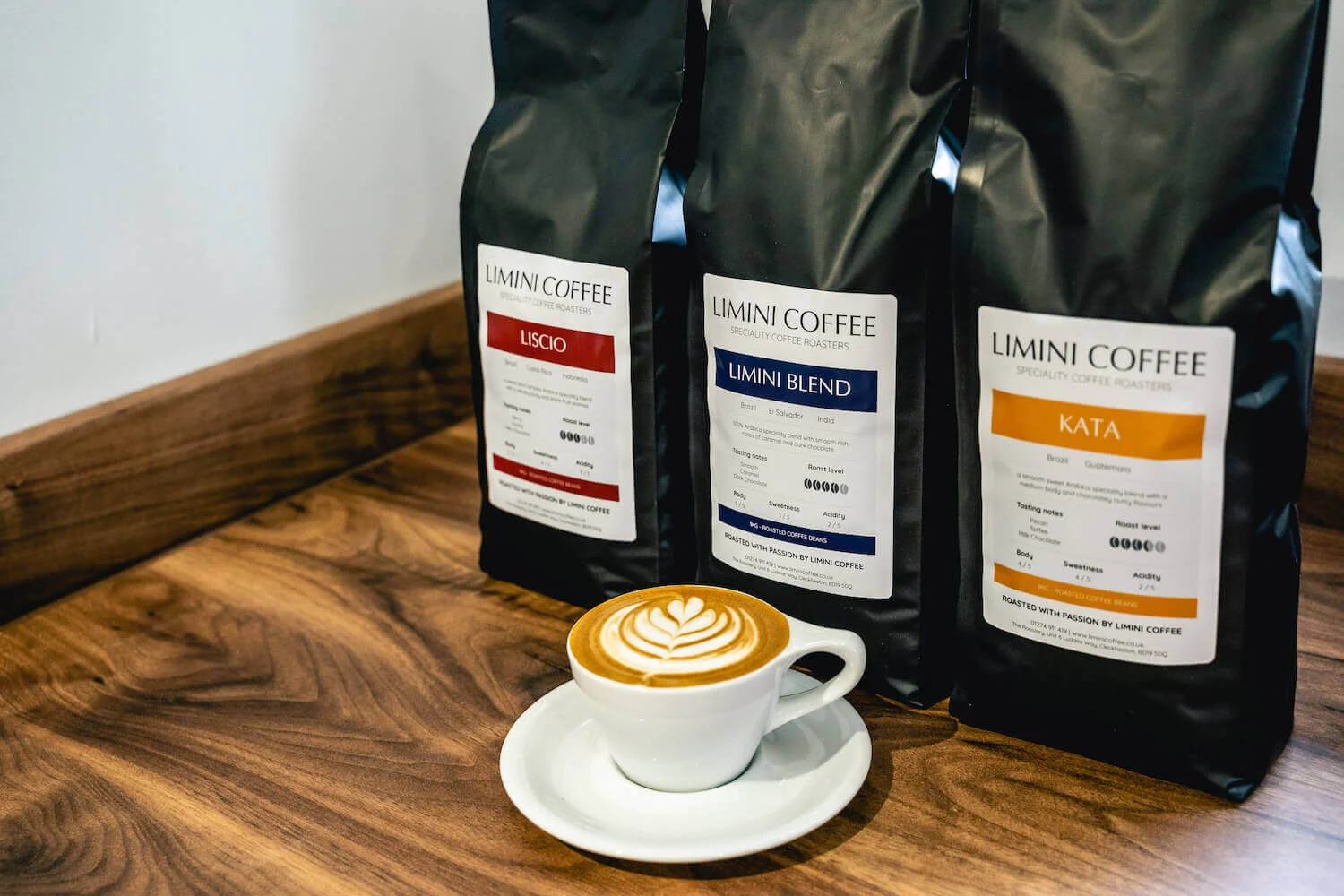
.webp)
